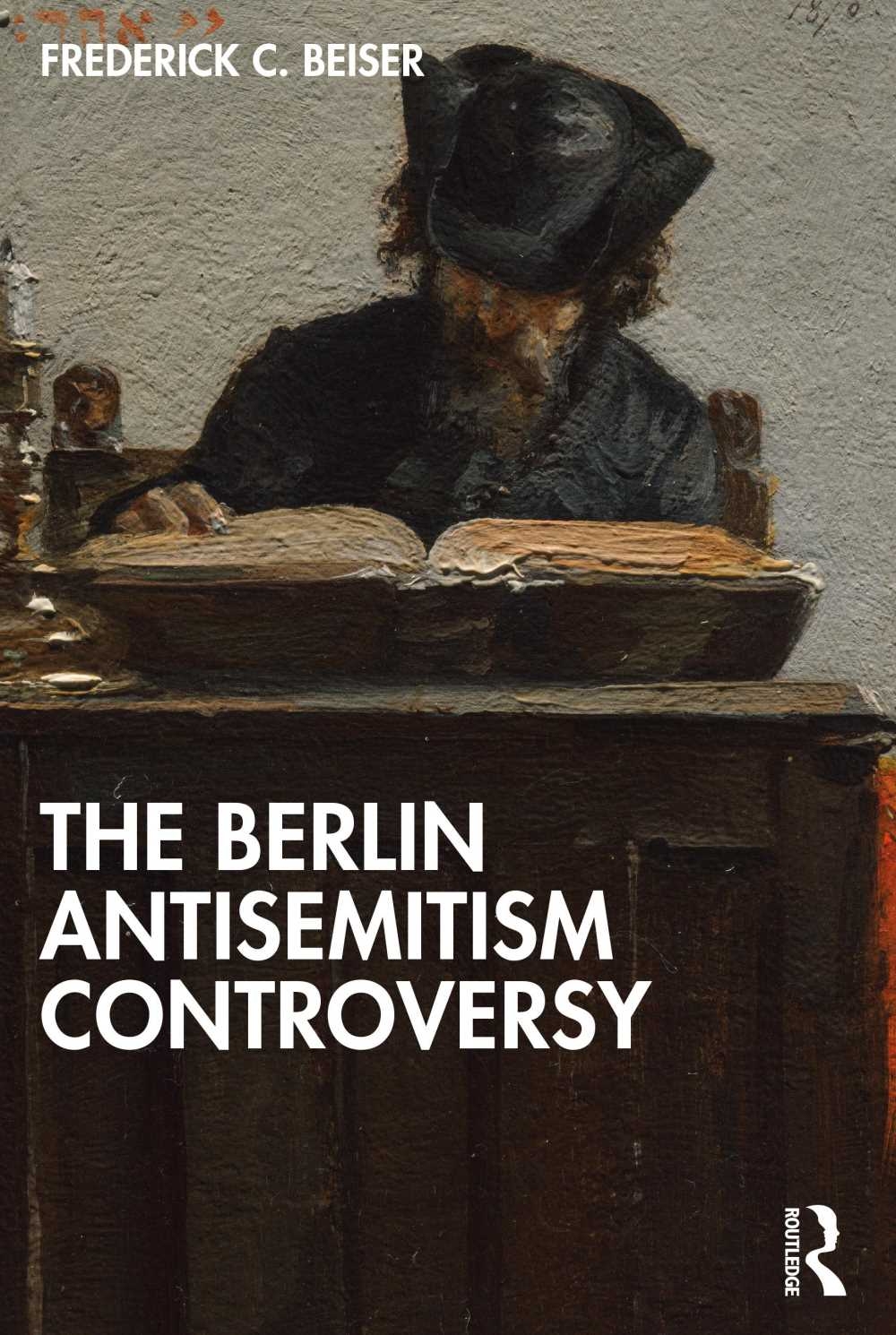After a long struggle, Jewish emancipation was formally completed in Germany in 1871, when Wilhelm I abolished religious discrimination across the entire Reich. Yet the very same decade witnessed a new wave of antisemitism, one more vicious and virulent than anything before. At its centre was what is known as ’The Berlin Antisemitism Controversy’. How can this rise of antisemitism be explained when further liberal reform was expected? Can it help us understand the tide of antisemitism that was to engulf Germany fifty years later?
In this outstanding book by a leading scholar of German philosophy, Frederick C. Beiser argues that to understand modern antisemitism we must go back in history. Beginning with the background of the controversy and examining the most important antisemitic thinkers of the 1870s and 1880s, he brilliantly analyses the beginnings of modern antisemitism in Germany. Beiser challenges received scholarship that the rise of antisemitism was caused by a failure of the Jews to assimilate and criticises the view, held by Hannah Arendt, that antisemitism was at its peak when Jews were perceived to be powerless and had lost their roles in government and finance. He argues instead that it was fuelled by a fear of Jewish domination that took multiple forms. Exploring antisemitism from both a historical and philosophical perspective, he situates antisemitism in relation to such fundamental questions as the conditions for citizenship in the modern state, what is meant by nationality and what role religion should play in the state. He also vividly and expertly analyses the writings and arguments of those involved in the antisemitism crisis of the 1870s, including Wilhelm Marr, Constantin Frantz and Adolf Treitschke and thinkers who are here examined in English for the first time.
The Berlin Antisemitism Controversy sheds much-needed light on an episode whose shockwaves resonate today. It is a superb account of a crucial period of not only German but also European and Jewish history and essential reading for anyone interested in the causes and roots of antisemitism in Germany and beyond.












